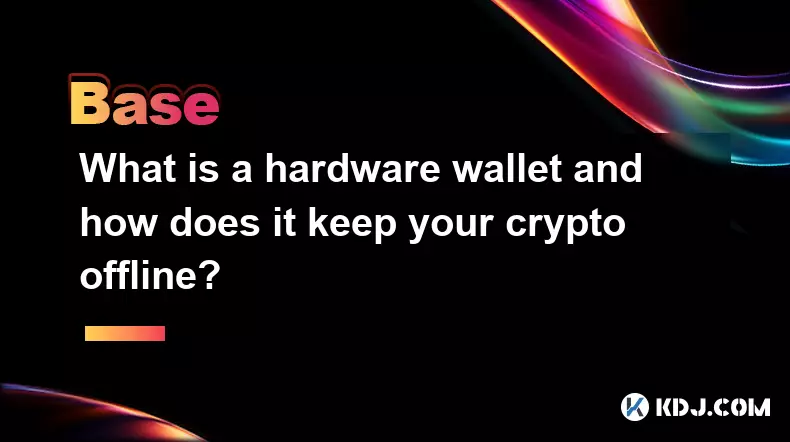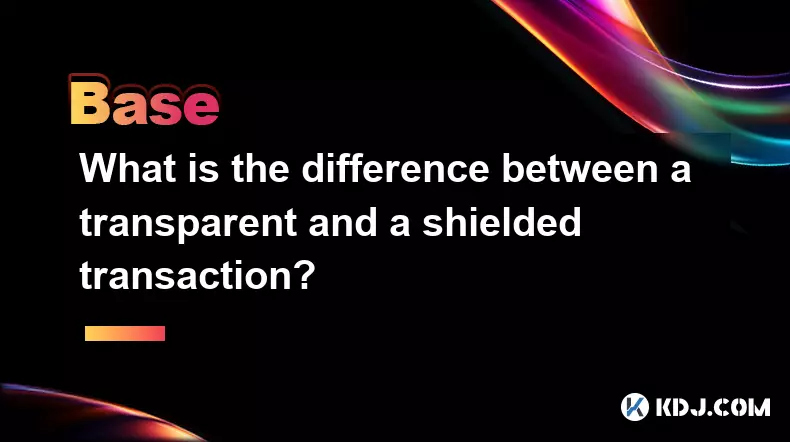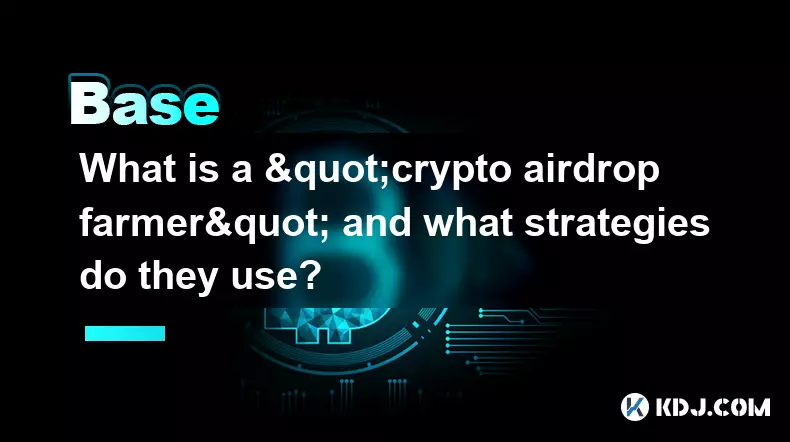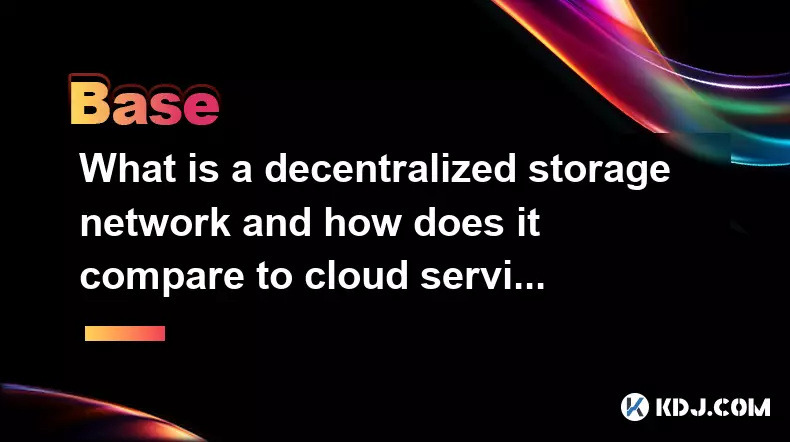-
 bitcoin
bitcoin $105968.894684 USD
4.17% -
 ethereum
ethereum $3639.320047 USD
7.62% -
 tether
tether $1.000339 USD
0.06% -
 xrp
xrp $2.407774 USD
5.96% -
 bnb
bnb $1011.704193 USD
2.28% -
 solana
solana $166.942754 USD
6.37% -
 usd-coin
usd-coin $1.000143 USD
0.03% -
 tron
tron $0.291515 USD
0.25% -
 dogecoin
dogecoin $0.181682 USD
4.06% -
 cardano
cardano $0.585450 USD
4.54% -
 hyperliquid
hyperliquid $42.099968 USD
5.20% -
 chainlink
chainlink $16.160745 USD
5.45% -
 zcash
zcash $645.269648 USD
12.96% -
 bitcoin-cash
bitcoin-cash $507.430338 USD
2.80% -
 stellar
stellar $0.290357 USD
3.69%
What is a hardware wallet and how does it keep your crypto offline?
A hardware wallet securely stores cryptocurrency private keys offline, protecting them from online threats and ensuring users maintain full control of their assets.
Nov 10, 2025 at 09:00 pm

What Is a Hardware Wallet?
1. A hardware wallet is a physical device designed to securely store the private keys associated with cryptocurrency holdings. Unlike software wallets that exist on internet-connected devices, hardware wallets operate offline, significantly reducing exposure to online threats.
2. These devices resemble USB drives and are built with specialized secure chips that isolate cryptographic operations from potentially compromised host systems like computers or smartphones.
3. When users initiate a transaction, the hardware wallet signs it internally using the stored private key, which never leaves the device. This ensures that even if the connected computer is infected with malware, the private key remains protected.
4. Popular models include Ledger Nano X, Trezor Model T, and KeepKey, each offering varying features such as touchscreen interfaces, Bluetooth connectivity, or support for hundreds of different cryptocurrencies.
5. During setup, the device generates a recovery seed—a series of 12 to 24 words—that allows users to restore access to their funds if the device is lost or damaged. This seed must be stored securely offline and never shared or digitized.
How Does It Keep Crypto Offline?
1. The core principle behind a hardware wallet’s security is cold storage—keeping private keys completely disconnected from the internet. This eliminates risks posed by remote hacking attempts, phishing attacks, and network-based exploits.
2. Transactions are constructed on a connected device like a laptop or phone, but they are sent to the hardware wallet for signing. The private key is used within the device’s secure environment and never transmitted to the host system.
3. Because the device does not allow private keys to be exported, attackers cannot extract them through malware or unauthorized access to the computer. Even if the host machine is compromised, the keys remain inaccessible.
4. Many hardware wallets feature secure elements or tamper-resistant enclosures that erase data after multiple failed access attempts, adding another layer of defense against physical theft or reverse engineering.
5. Users must manually confirm transactions on the device’s screen, ensuring that malicious software cannot trick them into approving unintended transfers. This user verification step is critical in preventing fraudulent transactions.
Security Advantages in the Cryptocurrency Ecosystem
1. In an industry where exchange hacks and wallet breaches are common, hardware wallets provide a trusted method for individuals to maintain full control over their assets without relying on third parties.
2. They mitigate the risk of large-scale losses due to centralized custodial failures, making them ideal for long-term holders and high-net-worth investors.
3. By decentralizing key management, hardware wallets align with the foundational ethos of blockchain technology—ownership and autonomy.
4. Regular firmware updates from reputable manufacturers patch vulnerabilities and enhance functionality, allowing users to stay protected against emerging threats while maintaining compatibility with evolving blockchain protocols.
5. Integration with popular wallet software like MetaMask or MyEtherWallet enables seamless interaction with decentralized applications (dApps) while still benefiting from offline key storage.
Frequently Asked Questions
Can a hardware wallet be hacked?While no system is entirely immune, hardware wallets are among the most secure options available. Attacks typically require physical access and sophisticated techniques. As long as the recovery seed remains secret and the device is purchased from a legitimate source, the likelihood of compromise is extremely low.
What happens if I lose my hardware wallet?If you have your recovery seed, you can restore your funds on another compatible device. It is essential to store the seed in a secure, offline location. Losing both the device and the seed results in permanent loss of access to your crypto assets.
Do hardware wallets support all cryptocurrencies?Support varies by model and manufacturer. Most major wallets support Bitcoin, Ethereum, and numerous ERC-20 tokens. Some may require additional apps or firmware updates to access certain blockchains. Always check compatibility before purchasing.
Is it safe to buy a used hardware wallet?No. Used devices may have been tampered with or preloaded with malicious firmware. Always purchase directly from the official manufacturer or authorized retailers to ensure authenticity and security.
Disclaimer:info@kdj.com
The information provided is not trading advice. kdj.com does not assume any responsibility for any investments made based on the information provided in this article. Cryptocurrencies are highly volatile and it is highly recommended that you invest with caution after thorough research!
If you believe that the content used on this website infringes your copyright, please contact us immediately (info@kdj.com) and we will delete it promptly.
- Mantle, Anchorage Digital, and Institutional Custody: Bridging TradFi and DeFi
- 2025-11-11 05:20:01
- XRP ETF Hype and Remittix Rise: Navigating the Evolving Crypto Landscape
- 2025-11-11 05:25:01
- UK Stablecoin Regulation: A Pivotal Step Forward?
- 2025-11-11 05:05:01
- DOT Price Eyes Breakout Amid Bitcoin Rally: A Polkadot Deep Dive
- 2025-11-11 05:35:01
- Justin Sun, Fortune, and Altcoins: Navigating the Crypto Landscape
- 2025-11-11 05:35:01
- Bitcoin, JPMorgan, and ETFs: Navigating the Crypto Landscape
- 2025-11-11 05:40:01
Related knowledge

What is the difference between a transparent and a shielded transaction?
Nov 10,2025 at 05:59pm
Understanding Transparent Transactions in Cryptocurrency1. Transparent transactions are the standard form of transaction on most public blockchains li...

What is a "crypto airdrop farmer" and what strategies do they use?
Nov 09,2025 at 03:39pm
What Is a Crypto Airdrop Farmer?1. A crypto airdrop farmer is an individual who actively participates in blockchain projects to qualify for free token...

How does a crypto insurance protocol work?
Nov 08,2025 at 12:39am
Understanding Crypto Insurance Protocols1. A crypto insurance protocol operates by offering financial protection against losses incurred from digital ...

What is token composability and why is it called "DeFi Legos"?
Nov 09,2025 at 06:39am
Bitcoin's Role in Decentralized Finance1. Bitcoin remains the cornerstone of decentralized finance, serving as a benchmark for value and trustlessness...

What is an "exploit" versus a "hack" in the context of smart contracts?
Nov 09,2025 at 12:40am
Understanding Exploits in Smart Contracts1. An exploit refers to the utilization of a known vulnerability within a smart contract’s code to gain unint...

What is a decentralized storage network and how does it compare to cloud services?
Nov 07,2025 at 11:59pm
Understanding Decentralized Storage Networks1. A decentralized storage network distributes data across a peer-to-peer infrastructure rather than relyi...

What is the difference between a transparent and a shielded transaction?
Nov 10,2025 at 05:59pm
Understanding Transparent Transactions in Cryptocurrency1. Transparent transactions are the standard form of transaction on most public blockchains li...

What is a "crypto airdrop farmer" and what strategies do they use?
Nov 09,2025 at 03:39pm
What Is a Crypto Airdrop Farmer?1. A crypto airdrop farmer is an individual who actively participates in blockchain projects to qualify for free token...

How does a crypto insurance protocol work?
Nov 08,2025 at 12:39am
Understanding Crypto Insurance Protocols1. A crypto insurance protocol operates by offering financial protection against losses incurred from digital ...

What is token composability and why is it called "DeFi Legos"?
Nov 09,2025 at 06:39am
Bitcoin's Role in Decentralized Finance1. Bitcoin remains the cornerstone of decentralized finance, serving as a benchmark for value and trustlessness...

What is an "exploit" versus a "hack" in the context of smart contracts?
Nov 09,2025 at 12:40am
Understanding Exploits in Smart Contracts1. An exploit refers to the utilization of a known vulnerability within a smart contract’s code to gain unint...

What is a decentralized storage network and how does it compare to cloud services?
Nov 07,2025 at 11:59pm
Understanding Decentralized Storage Networks1. A decentralized storage network distributes data across a peer-to-peer infrastructure rather than relyi...
See all articles























![🔥 Long awaited! The ancestor of Pi coin is about to take off? PI friends, come in and take a look! [Daily Coin Selection | Bitcoin Trend | Money Making Opportunities] 🔥 Long awaited! The ancestor of Pi coin is about to take off? PI friends, come in and take a look! [Daily Coin Selection | Bitcoin Trend | Money Making Opportunities]](/uploads/2025/11/10/cryptocurrencies-news/videos/6911e42f9bad7_image_500_375.webp)


















































